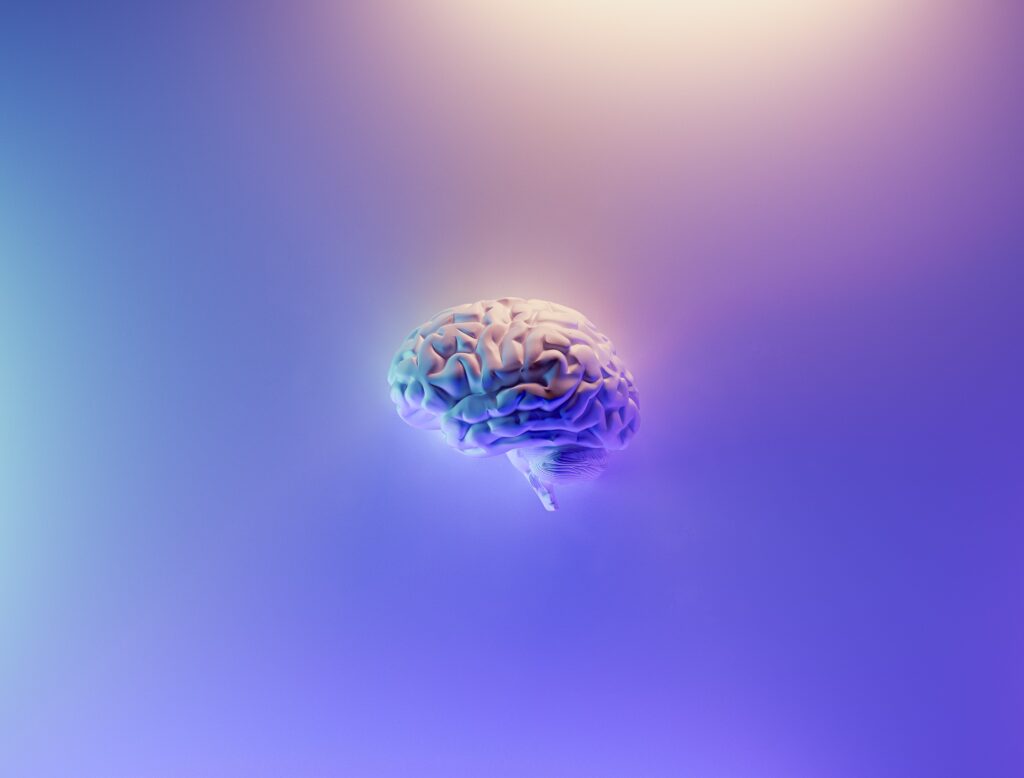
Introduction
The neuroscience behind habit change is a secret key to building your dream life. If you wish to bring forth any change the first place to start is by looking at your habits. Habits become part of our identity. This is where it gets tricky, changing your identity is a process that begins in discomfort. The good news is, that it is possible to change the habits and bring forth a lasting positive change. Understanding the neuroscience behind habit change can rewire our brains for success.

40-45% of decisions that we make every day are habits. That means we can teach our brain to learn habits that are beneficial in multiple ways. The younger generation with access to infinite information at their fingertip can utilize this simple finding. Through this article, we explore brain behavior during habit performance and how anyone can use the neuro-science behind habit change to build a meaningful life through building healthy habits.
The Neuroscience behind Habit Change: The Habit loop
Habits are the small routines or the actions we perform every day and most of them stem from the subconscious. The habits take form through a three-step process. First, there is a cue or trigger and this leads to the development of a behavioral pattern and this behavior is finally rewarded making the habit reinforced in our psyche.
Cue>Behaviour>Reward
For example, drinking tea at a particular time. The trigger may be feeling sleepy or tired, leading to the action. The reward of drinking tea may look like a boost in energy level. When this pattern is continued, it becomes an automatic reaction to drink tea when tired, i.e it has become a habit. Another example is exercising, the trigger may be an internal desire to look and feel better, and the action is rewarded with the happiness hormones such as endorphins. The craving for this reward, in this case, happiness hormones will make you perform the action again. The neuroscience behind habit change, according to the latest research points toward identifying the subtle cues that lead to habit development.
As we repeat the actions day after day the brain almost becomes less and less active and the action happens in automatic mode. It is as if the brain is asleep.
This is a good thing because if we can develop healthy habits and it becomes an automatic response and becomes part of our identity.

The Neuroscience Behind Habit Change: Developing Good Habits
The importance of habit is that it helps us to reduce mental exertion, and the action happens in automatic mode. For example, as we wake up we go to the bathroom and brush. There is no effort involved in this task because now it has become a habit ie it happens in automatic mode.
James Clear the author of the book Atomic Habits has brought new light to the neuroscience behind habit change. His suggestion is to work on the system rather than working on goals. For example to start exercising, build a system. It can be like, you lay out the running shoes close to the bed, or as soon as you finish brushing you start exercising, etc. When the change we are trying to bring is massive, so we often follow with enormous action and this can result in burn-out. Even when our goals are big, the best way to achieve them without burnout is to follow through with consistent action. We can tailor our environment so that it is easy for us to perform a habit. For example, keeping healthy snacks or fruits near the table we spend time, can help us to eat more healthy food.

Successful people have habits that help them to succeed in life. The key to habit change is consistency. As we perform a new habit day after day, even if it is for a few minutes, it helps in establishing new neural pathways in our brain. It is like clearing up a jungle and building a new path. In a jungle, if you haven’t used the path for a while shrubs grow back and the path gets blocked. The same applies to the new neural pathways we create in the brain.
Start small and stick with your habits. It is as simple as that. Step into the identity of a person who performs these habits daily. For example, I am trying to improve my productivity, I can adopt the identity of a very productive person along with the small changes in habit to be more productive I perform daily.
Final Thoughts
“We are what we repeatedly do. Excellence, then, is not an act, but a habit.”
We are our habits. The quality of our life depends upon the habits that we embody. Neuroscience gives us new hope in reshaping our life in a better way through lasting habit-change. The one essential point all the researchers in this field have stressed is the usage of willpower. If we are exerting too much by using willpower in bringing a positive shift in life, it may cause burnout.
To reduce the friction between you and the good habit, we can start small and rearrange the environment so it is easy to make a start. We can increase the probability of developing good habits, we can also be part of social groups who already are good at what we wish to achieve.
Start small and stay consistent. That is all it takes.
Reference
Tags: Mental Health, Rewire brain, The habit change, youth,









